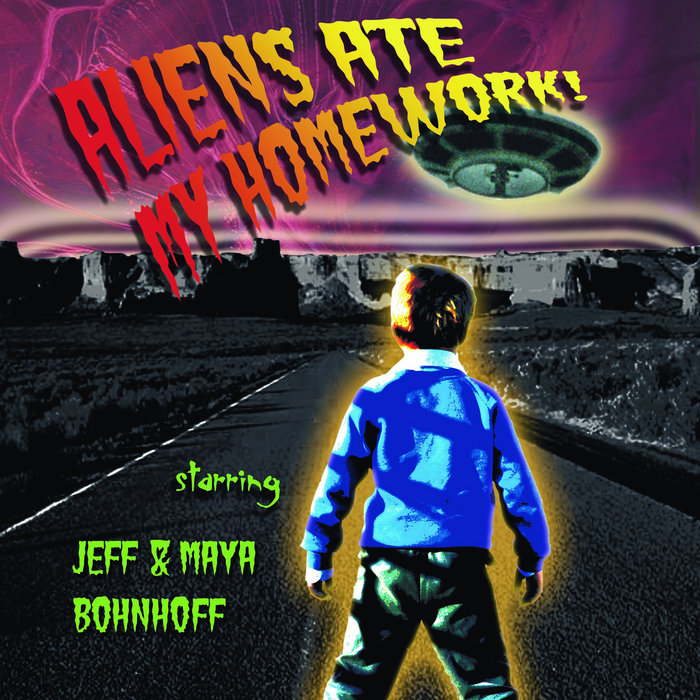(i) I want the fiction to be reasonably compelling
- (a) the game
- (b) the players
(ii) I want the fiction to have obvious available "points of contact"
(iii) I want the fiction to be laden with evident possibility
I hope you don't mind that I've snipped your quote to summarize your opening points. My comments on each are below.
(i) I like that you said "reasonably compelling" here. I agree. I think that very often people see a RPG story the same as they would a story in a book or movie. And I think that can be problematic. We experience a RPG differently than we do a book or any other media. What's needed is a story that presents enough interesting decision points for the players to be engaged. This can be something entirely original, or can be something totally cliched. What we might frown upon in a movie or novel is likely very different than for a RPG.
Having said that, your (a) and (b) are both key, for sure. Perhaps as
@Umbran mentioned, we could add (c) system to the list. Some people do indeed engage with the game in a more mechanical manner. But I think that depends on what you mean by "game". I would see it as the setting and the expectations that go along with that; things like sci-fi or fantasy or urban horror, etc. A GM should create a scenario that fits into these expectations, for sure.
I don't really get the call for neutrality when it comes to (b). I understand that neutrality in rule abdication and the like can be seen as a quality for a GM to have. But neutrality toward content? It always seems like a bad idea to me. The GM should care about the game. The players have made choices for their PCs and the GM absolutely should consider those choices when creating content for the players to interact with.
(ii) This brings us to your second point. I think the more that a GM tailors things for his players and their characters, the more of (ii) there will be. More points of interest for the players to seize. More areas for them to interact with the fiction. More opportunity for them to take the initiative and really help to steer the story and how the game goes. I think the more effort put into this, the better the game will tend to be. Multiple paths for the PCs to take, and which don't all lead to the same eventual destination. I think that's also key....the players will be more willing to see the points of contact if they know that these are not just window dressing, but rather are actual decision points where they can potentially get into the driver's seat and steer the game for a bit.
(iii) Which I think is what point three is all about. The idea of possibility. Where will things end up? It's a pretty big question, and how it's handled can really influence the experience of the game for those involved. I don't think it's inherently bad for the GM to have some kind of end point in mind, but I think it's best if that end point is more loose and if it's shaped by (a) the game and (b) the players. If the players have created a bunch of outlaws and revolutionaries, for example, I don't think it's a bad idea if the GM thinks of the end point as "will they topple the government?" I think it's a bit less desirable if his idea of an endpoint is "After a long and arduous journey, the PCs finally come face to face with the Iron King in his court for a final battle". One is asking a question and the other is providing the answer.....to me, the GM should ask the question, and the players should provide the answer.
For me, knowing that a game really can take off in any direction based on what the players do is really interesting. Not long ago, my group played a bit of the first Adventure Path created for the Starfinder game. I had reservations because I was a bit critical of the Pathfinder System, and I expected Starfinder to play similarly. But we had some fun with it. We came up with an interesting collection of characters and that made the game enjoyable. Unfortunately, the GM wasn't really willing to depart from the predetermined story of the adventure path. There was a point where there was a clear alternate path that made sense for all our characters, and all the players seemed interested in pursuing that path, but the GM was pretty much intent on running the adventure exactly as presented in the books. Needless to say, the game didn't last much longer after that.
Now, that's largely a matter of preference and situation. There have been other times where we as players are willing to follow along the path of a published adventure. Some have enough freedom so that you don't feel entirely constrained. Others seem like pure railroads. My preference moves more and more away from such games, but I don't think they are without some merit. However, for me, a GM needs to kind of read the room, and proceed accordingly.





